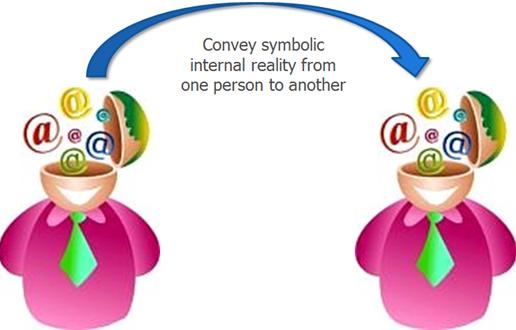Definition of Interpersonal Communication
Interpersonal communication is the universal form of communication that takes place between two individuals. Since it is person-to-person contact, it includes everyday exchange that may be formal or informal and can take place anywhere by means of words, sounds, facial expression, gestures and postures. In interpersonal communication there is face-to-face interaction between two persons, that is, both are sending and receiving messages. This is an ideal and effective communication situation because you can get immediate feedback. You can clarify and emphasize many points through your expressions, gestures and voices. In interpersonal communication, therefore, it is possible to influence the other person and persuade him or her to accept your point of view. Since there is proximity between sender and receiver,Continue reading


